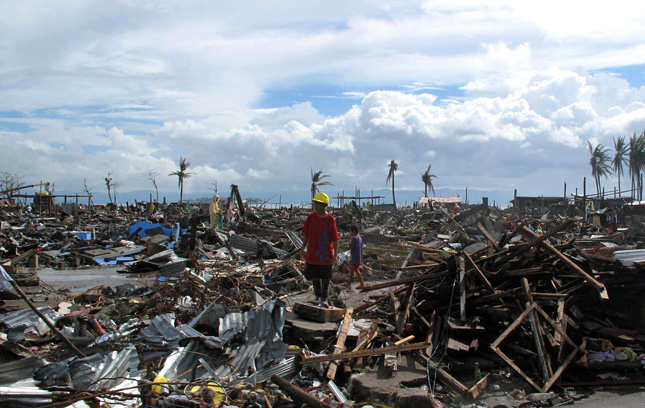-
Environmental Sustainability, Does It Make Dollars and Sense?
›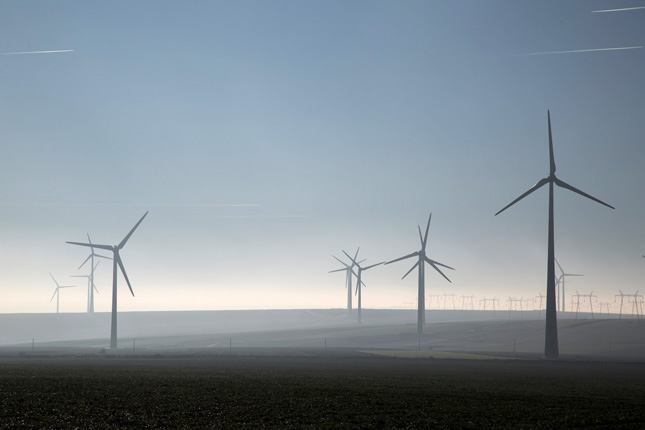
While governments will play the central role in delivering the Sustainable Development Goals, they can’t do it without the private sector, said experts at the Wilson Center on April 12.
-
Women’s Leadership for Stability and Security
›
Why is Malawi, one of the poorest countries in the world, so peaceful? According to the country’s first female president, Joyce Banda, women get the credit: “When women are in charge, when women control the land, when the children belong to the women, when domestic violence is minimum, then you find more tranquility and peace,” said Banda, now a Wilson Center Distinguished Fellow, at an April 25th event co-sponsored by the Wilson Center’s Women in Public Service Project and Plan International USA.
-
Top 5 Posts for May 2017
›
Our nine-part “Choke Point: Tamil Nadu” series with Circle of Blue has been a must-read on the conflicting demands for water, food, and energy in the South Indian state. In May’s most popular post, S. Gopikrishna Warrier introduces us to Chennai’s tech-savvy social entrepreneurs, who are providing the city’s residents with real-time information on the risk of flooding. (The ninth and final post in the series was published yesterday; catch up on all of them at “Choke Point: Tamil Nadu”).
-
Dr. Babatunde Osotimehin, An Inspirational and Aspirational Leader for Today’s Youth, Has Passed
›June 6, 2017 // By Wilson Center Staff
Dr. Babatunde Osotimehin, the executive director of UNFPA and an inspiring leader in the global health community, passed at his home on June 4 at the age of 68.
-
Christophe Angely on Overcoming Pessimism for the Sahel
› The Sahel region of Africa is a wide band that marks the transition from the Sahara Desert in the north to the wetter, sub-tropical regions in the south. The Sahelian countries have some of the most rapidly growing populations in the world and have faced significant environmental change over the past century. In recent years, insurgencies have surged in several countries, new terrorist groups have become active, there have been several droughts, and migration has increased.
The Sahel region of Africa is a wide band that marks the transition from the Sahara Desert in the north to the wetter, sub-tropical regions in the south. The Sahelian countries have some of the most rapidly growing populations in the world and have faced significant environmental change over the past century. In recent years, insurgencies have surged in several countries, new terrorist groups have become active, there have been several droughts, and migration has increased. -
Too Much, Too Soon: Addressing Over-Intervention in Maternity Care
›
For years, the primary approach to improving global maternal health was additive – to increase capacity to address shortfalls in clinics, doctors, supplies, information, and skilled care. Today, however, some women are experiencing issues related to the opposite problem: too much.
-
A Little Respect: Saraswathi Vedam on Reducing Over-Intervention in Maternal Care Through More Autonomy
› Governments and health organizations have made remarkable gains in reducing maternal mortality and morbidity rates around the world. Much of those gains have been driven by increasing capacity, directing more women to hospitals and clinics to ensure they get modern medical care. Increasingly, however, experts are realizing that this push has brought challenges of its own.
Governments and health organizations have made remarkable gains in reducing maternal mortality and morbidity rates around the world. Much of those gains have been driven by increasing capacity, directing more women to hospitals and clinics to ensure they get modern medical care. Increasingly, however, experts are realizing that this push has brought challenges of its own. -
Jessica F. Green & Thomas N. Hale, Duck of Minerva
Why IR Needs the Environment and the Environment Needs IR
›April 13, 2017 // By Wilson Center Staff
The state of the global environment is terrible – and deteriorating. The globalization of industrial production and the consumptive habits of 7 billion people have created the Anthropocene, a geologic age in which the actions of humans are the primary determinant of the Earth’s natural systems. This shift creates a profound new form of environmental interdependence, of which climate change is only the most salient example.
Showing posts from category gender.


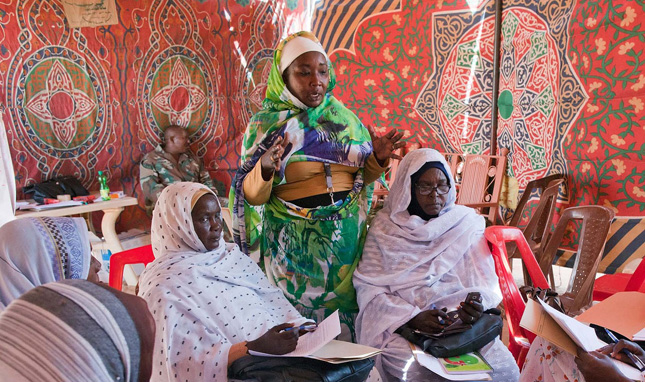
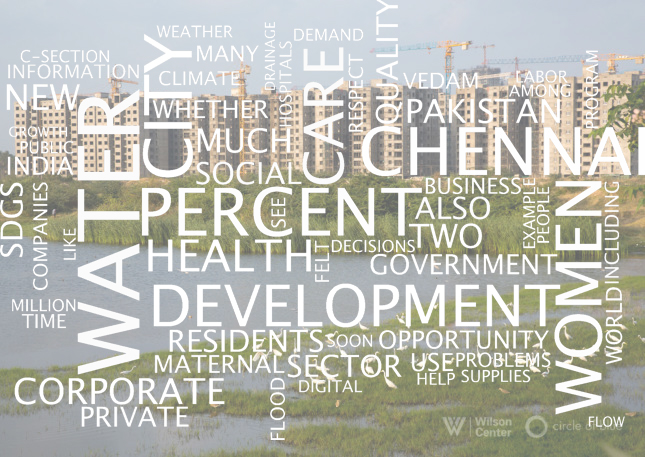
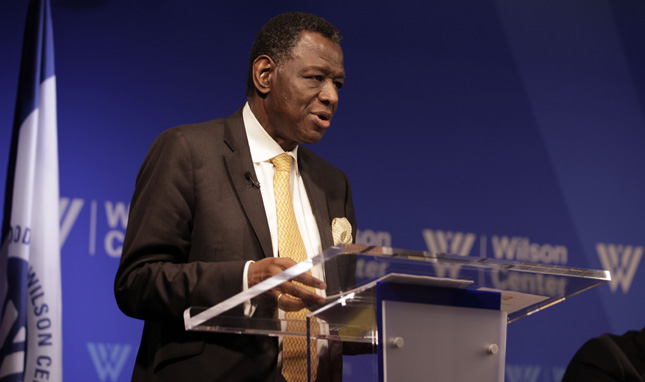
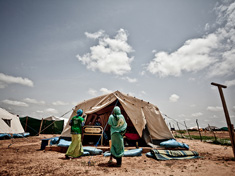 The Sahel region of Africa is a wide band that marks the transition from the Sahara Desert in the north to the wetter, sub-tropical regions in the south. The Sahelian countries have some of the most rapidly growing populations in the world and have faced
The Sahel region of Africa is a wide band that marks the transition from the Sahara Desert in the north to the wetter, sub-tropical regions in the south. The Sahelian countries have some of the most rapidly growing populations in the world and have faced 
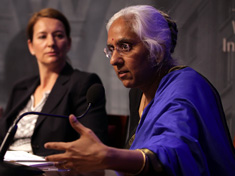 Governments and health organizations have made remarkable gains in reducing maternal mortality and morbidity rates around the world. Much of those gains have been driven by increasing capacity, directing more women to hospitals and clinics to ensure they get modern medical care. Increasingly, however, experts are realizing that this push has brought challenges of its own.
Governments and health organizations have made remarkable gains in reducing maternal mortality and morbidity rates around the world. Much of those gains have been driven by increasing capacity, directing more women to hospitals and clinics to ensure they get modern medical care. Increasingly, however, experts are realizing that this push has brought challenges of its own.